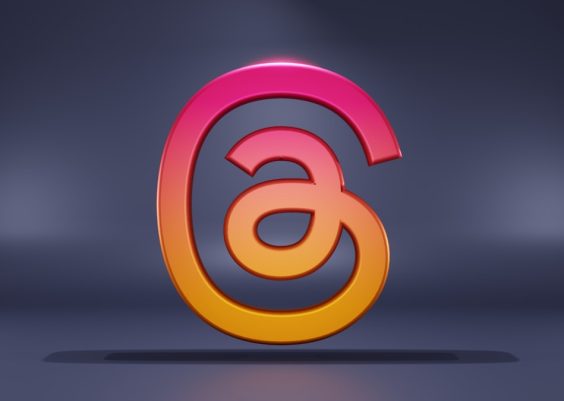If you’ve previously deactivated your Facebook account and are considering returning to the world’s largest social media platform, the good news is that reactivating your account is generally a simple process. Whether you took a break for personal reasons, privacy concerns, or digital detox, Facebook offers a straightforward method to come back without losing your data.
What Happens When You Deactivate Your Account?
Before discussing reactivation, it’s essential to understand what deactivation entails. When you deactivate your Facebook account:
- Your profile becomes invisible to other users.
- Your name may still appear in friends’ lists and messages you’ve sent.
- You won’t receive any notifications or have access to your account.
- Your data, such as photos and posts, is stored but hidden until you decide to return.
It’s important to note that deactivation is different from deletion. Deleting an account is a permanent action that removes all your data from Facebook’s servers. Reactivation is only possible with deactivated—not deleted—accounts.
Steps to Reactivate Your Facebook Account
The process of reactivating your account is relatively easy and doesn’t require special support from Facebook. Here’s how:
- Go to the Facebook login page at www.facebook.com.
- Enter the credentials you used when your account was active – your email or phone number and the associated password.
- Click on the “Log In” button.
If the login information matches an account that has been deactivated, you will regain access immediately, and your profile will be restored just as you left it.
What to Do If You Forgot Your Login Information
If you can’t remember your email, phone number, or password, follow these steps to recover your account:
- Select “Forgot Password?” on the Facebook login page.
- Follow the prompts to enter your recovery information (email or phone number).
- Facebook will send you a code to verify your identity.
- After verification, you can reset your password and access your account.
Make sure you have access to the recovery email or phone number associated with your account. If not, use Facebook’s Help Center for alternative recovery options.
What If You Reactivated and Something Looks Different?
After reactivation, it’s not unusual for users to notice minor changes in the interface or updates to privacy settings. Facebook frequently revises its platform to enhance user experience and improve security. Here are a few things to check right after reactivation:
- Review your privacy settings: Make sure your sharing preferences are still configured the way you want.
- Update your contact information: Especially if you changed your phone number or email during your time away.
- Check your friend list: Sometimes Facebook cleans up inactive connections, though this is rare.
How Long Do You Have to Reactivate?
If your account was deactivated and not deleted, you can return at any time. Facebook does not impose a time limit for reactivation. However, if your account was marked for deletion (through the “Delete Account” option rather than “Deactivate”), Facebook typically allows a 30-day grace period during which you can log in to cancel the deletion request.

Common Problems During Reactivation
If you encounter issues while trying to reactivate your account, consider these possibilities:
- Your account was reported or flagged for violating community standards, which may result in temporary or permanent restrictions.
- Your email address or phone number was changed or compromised, preventing access.
- You might have actually deleted your account instead of deactivating it.
In such cases, it’s recommended to contact Facebook’s support team directly or use the Help Center for further assistance.
Final Thoughts
Reactivating your Facebook account is usually a seamless process. All it takes is logging in again using your previous credentials. However, ensuring that your contact and recovery information is up to date can help you avoid complications.
Whether you’re returning to catch up with old friends or to manage a business page, Facebook makes it relatively stress-free to pick up where you left off.




